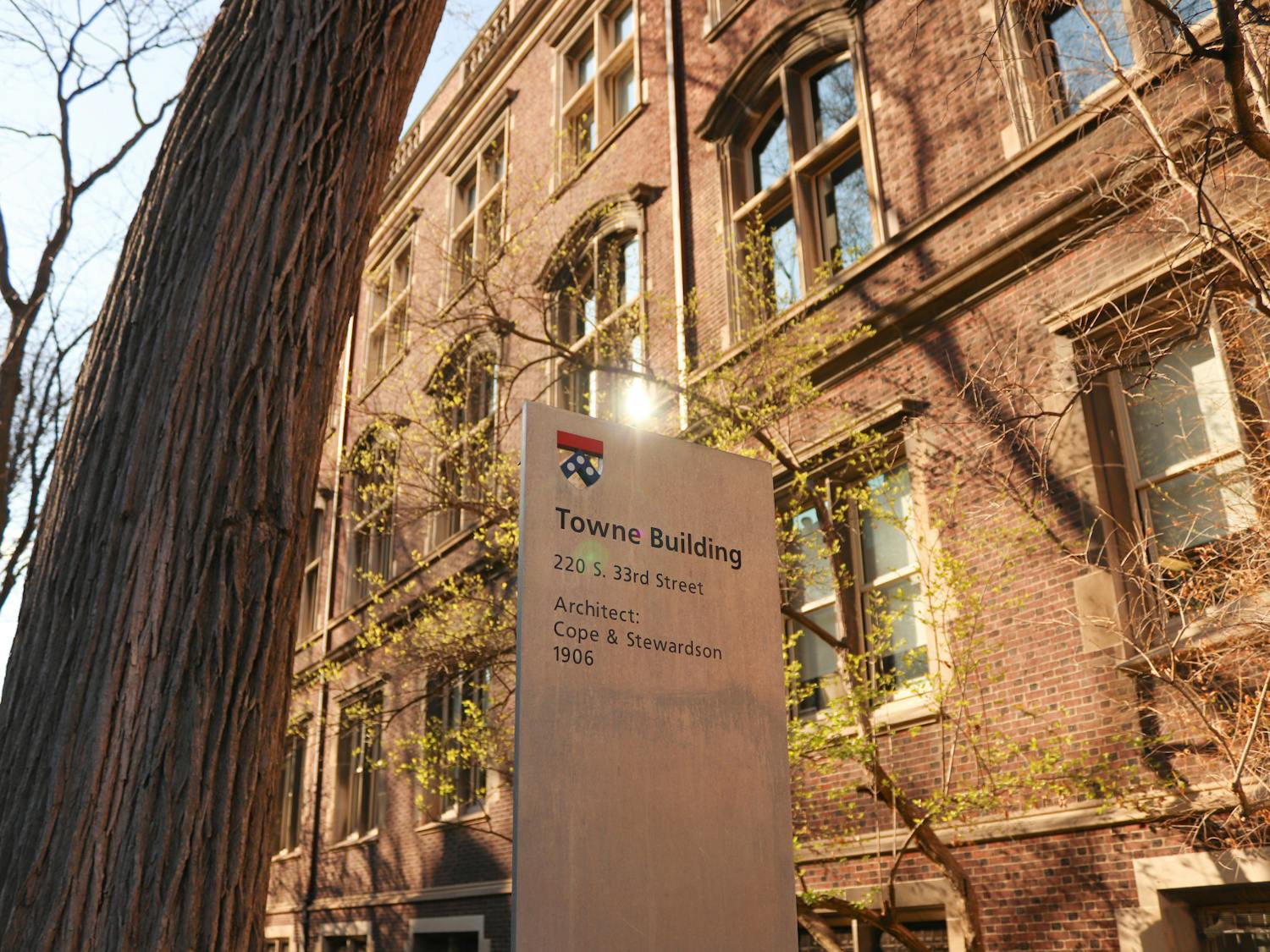In recent years, more and more students have been able to grab a cup of coffee or go shopping - without leaving their apartment buildings.
A number of new housing options near campus, including the Hub I and II, Radian and Domus, also contain retail space. Through mixed-use residential-retail buildings such as these, venders have come to University City - but often with limited prior outreach for student input.
The University has little say over the retail third-party developers feature in their buildings. However, the developers sometimes consult with Penn in regards to retail plans.
This consultation often includes the sharing of information from student-focus groups, which the Undergraduate Assembly runs along with the Residences and Facilities department.
College sophomore Dasha Barannik, a member of the Facilities and Campus Planning Committee, said in an e-mail that the UA is working toward becoming more involved with "third-party developers who work relatively independent of the University."
Retail options at Domus, located at 34th and Chestnut streets, currently include Wachovia Bank, Eastern Mountain Sports, T-Mobile and Starbucks. Two more retailers are currently in the process of making deals with the developer, Hanover Development Co.
Andi Pesacov, a real-estate broker hired by Hanover, said she did not extensively seek community input before bringing in retail, but the businesses are successful nonetheless.
The Starbucks at Domus is located a block away from another location at 34th and Walnut streets, "but both are incredibly busy," Pesacov said.
Penn Facilities spokesman Andrew Zitcer said the Starbucks catered to the area's population of Penn and Drexel University students.
"You can never sell too much coffee to college students," he said.
Domus' strategy was aimed at bringing in nationally known companies willing to pay high rents. In contrast, developers for the Hub - which houses Jean Madeline Aveda Institute, a beauty school and salon, and Chilango, a Jose Garces restaurant that will open in June - centered their offerings on local concerns, which may differ from those of college students.
"Some of the early ones, such as fast food restaurants and drug stores, weren't uses that we felt that the community and the University wanted for 40th street," said Robert Hoe, the chief operating officer for Teres Holdings, the Hub's developer. "We always thought that a restaurant in that building would be ideal."
Hub residents also said the building's retail options were good additions to the area.
"I'm getting sick and tired of the food around here, so a new restaurant here would be good," said College sophomore and Hub resident Philicia Moonsamy.
Retail stores in the Radian and Hub II have not yet been determined. In general, mixed-use facilities have become more common in cities over the past five to 10 years, experts said.
"It's much more applicable to the urban setting," Zitcer said. "It's very efficient to be able to walk from your apartment to a CVS or whatever."








